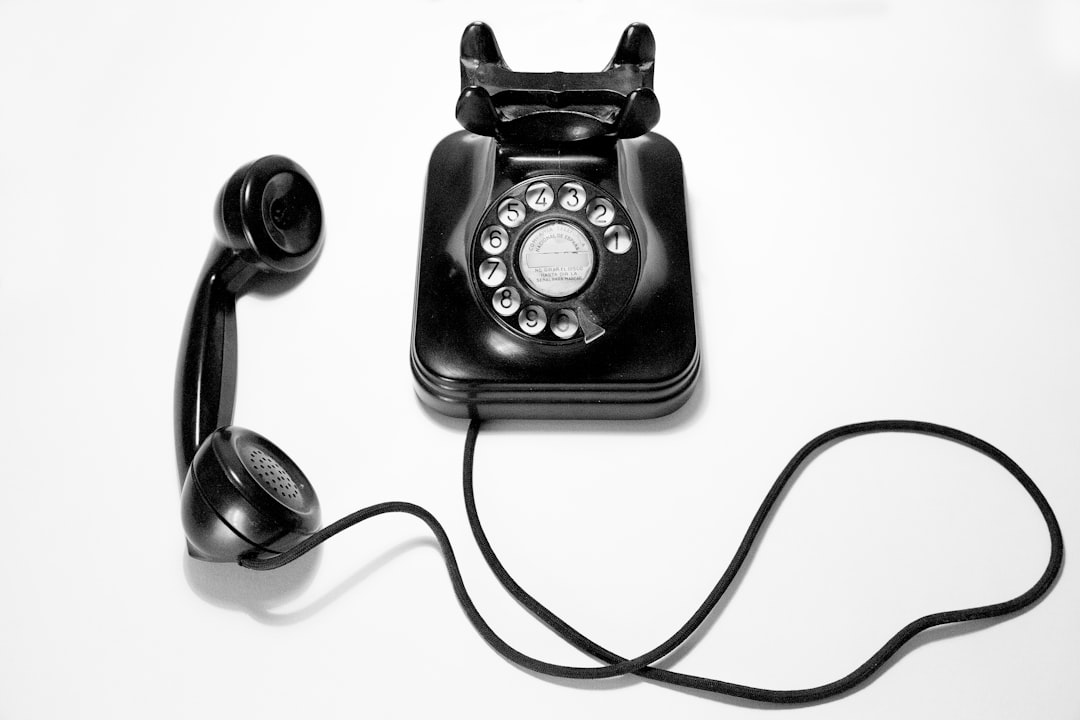Maryland's Do Not Call Laws pose unique challenges for HVAC companies, balancing marketing efforts with consumer privacy. To comply and build trust, businesses should adopt opt-in strategies like email newsletters, social media engagement, and referral programs during peak seasons. During quieter periods, content marketing focused on energy conservation educates clients, fostering brand loyalty without violating the Do Not Call Laws. This approach ensures compliance while cultivating lasting customer relationships in Maryland's strict regulatory environment.
In Maryland, understanding and adhering to Do Not Call Laws is essential for HVAC companies aiming to maintain compliance while reaching potential customers. This article delves into the intricate details of these laws, offering a comprehensive guide for seasonal marketing strategies. From spring’s surge in demand to winter’s lull, we explore effective tactics that balance customer engagement with legal constraints, ensuring your business thrives without violating Maryland’s Do Not Call Laws.
Understanding Do Not Call Laws in Maryland: A Brief Overview

In Maryland, Do Not Call Laws are in place to protect residents from unwanted sales calls. These laws give consumers control over their communication preferences and limit the number of marketing calls they receive. The Maryland Public Service Commission (MPSC) regulates these laws, ensuring that businesses adhere to specific guidelines when contacting potential customers.
Compliance with Do Not Call Laws is essential for HVAC companies operating in Maryland. Businesses must obtain explicit consent from consumers before making telemarketing calls and respect their right to opt-out of future communications. By understanding and following these regulations, HVAC companies can avoid legal repercussions and build stronger relationships with their target audience.
Seasonal Marketing Strategies for HVAC Companies in Maryland

In Maryland, as in many states, HVAC companies face unique marketing challenges due to seasonal fluctuations and legal constraints, notably the strict Do Not Call Laws. To counter these, effective seasonal marketing strategies are crucial. During spring and summer when demand for cooling services peaks, companies can focus on proactive outreach—email campaigns highlighting energy-efficient air conditioning options or promotional discounts for system upgrades. Social media engagement is also vital; platforms like Facebook and Instagram allow targeting specific demographics with tailored ads for HVAC services.
Fall and winter, conversely, call for a shift in marketing tactics. With heating demands rising, HVAC firms can leverage the quieter period to build brand loyalty through content marketing—sharing informative blog posts, videos, or webinars on energy conservation tips, new technology trends, and the importance of regular system maintenance. This not only educates potential customers but also positions the company as an authority in its field, preparing them for the peak season ahead and helping to navigate Maryland’s Do Not Call Laws more effectively.
Balancing Customer Engagement and Legal Compliance

Maryland’s HVAC companies must carefully navigate the tightrope between effective marketing and compliance with state’s strict Do Not Call Laws. While seasonal campaigns are vital to drive sales and engagement, businesses must be mindful of potential legal pitfalls. Unwanted phone calls or text messages can lead to fines and damage a company’s reputation.
To balance customer engagement and legal compliance, HVAC providers should prioritize opt-in marketing strategies like email newsletters, targeted social media campaigns, and referral programs. By obtaining explicit consent from customers, companies ensure they stay within the boundaries of Do Not Call Laws Maryland while building lasting relationships with their audience.






